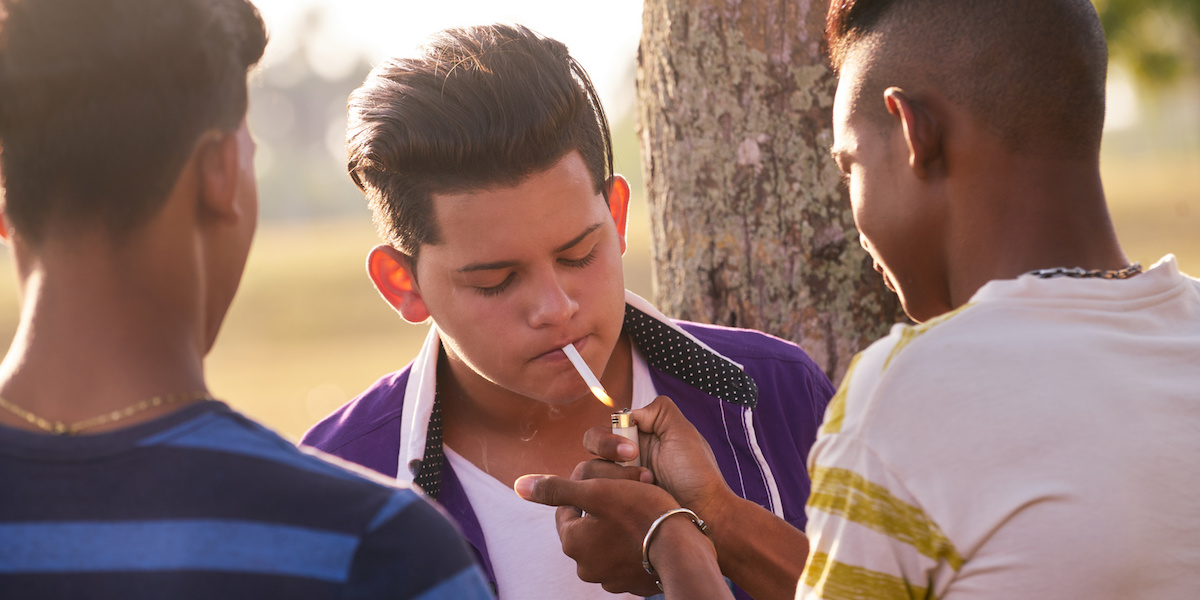
The following is excerpted from an online article posted by StudyFinds.
In the film “Mean Girls,” Regina George rules the school as the leader of the Plastics. Her best friends follow her every move and agree with everything she says — even if it means belittling themselves. The movie might seem like an exaggeration of high school social life, but researchers in Florida say that there is some truth in this depiction and the lengths people go to make and keep their friends.
Researchers from Florida Atlantic University say adolescents with only a few friends are more likely to imitate their peers’ behavior and go along with what they want to do. Making yourself into a carbon copy of your friend seems to help with reducing the risk of getting into arguments and potentially losing the friendship.
Conformity is a dynamic that sees one person having much more influence over another. By mimicking the other person, you’re more likely to get along because of the common similarities. However, you leave yourself open to peer pressure. When it comes to being the influencer or the one under the influence, the most important factor is whether you have fewer friends than your companion.
The researchers tested the hypothesis that, between two friends, having less friends than your pal makes you more prone to imitate their behavior. They observed a class of sixth graders at a Southern California public middle school for a full school year.
Students reported on their own social anxiety and any physical symptoms, like stomach aches that may have come from emotional distress. Students who had fewer friends than their partner were most susceptible to peer pressure. In every scenario, the authors observed they were also the one who acted the most like their companion.
The findings suggest it’s not the total number of friends a child has but whether the child has fewer friends than their partner. This is likely because the one with fewer friends has more to lose if the friendship collapses. They are the ones who would have to put more effort into keeping and maintaining the relationship.
Source: StudyFinds
https://studyfinds.org/children-friendship-unpopularity/

 What’s Hot? 07/11/25
What’s Hot? 07/11/25  Catch-Up Sleep on Weekends May Affect Anxiety Symptoms in Teens
Catch-Up Sleep on Weekends May Affect Anxiety Symptoms in Teens  Unhealthy Teen Diets Reshape the Brain and Drive Lifelong Eating Habits
Unhealthy Teen Diets Reshape the Brain and Drive Lifelong Eating Habits